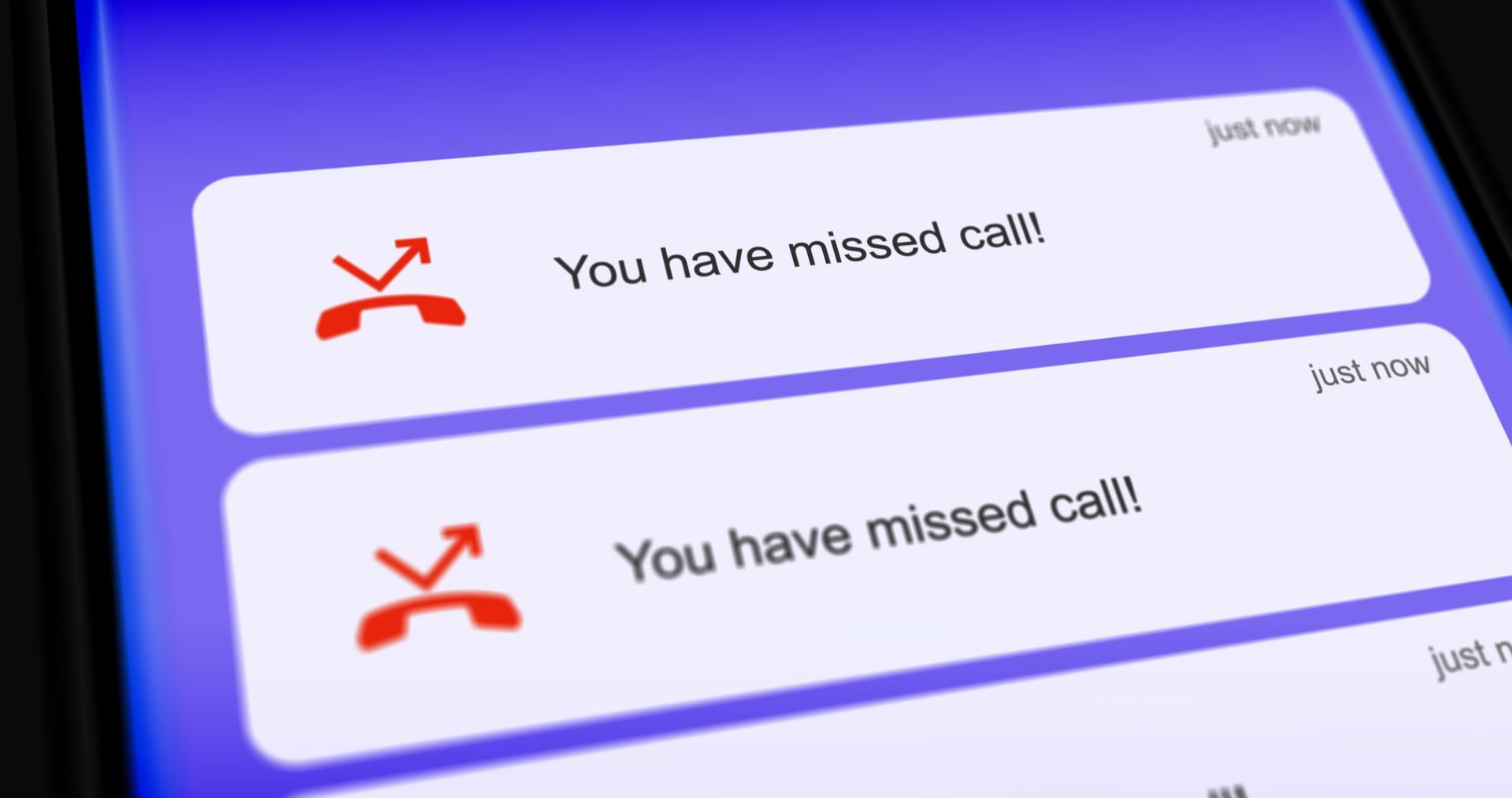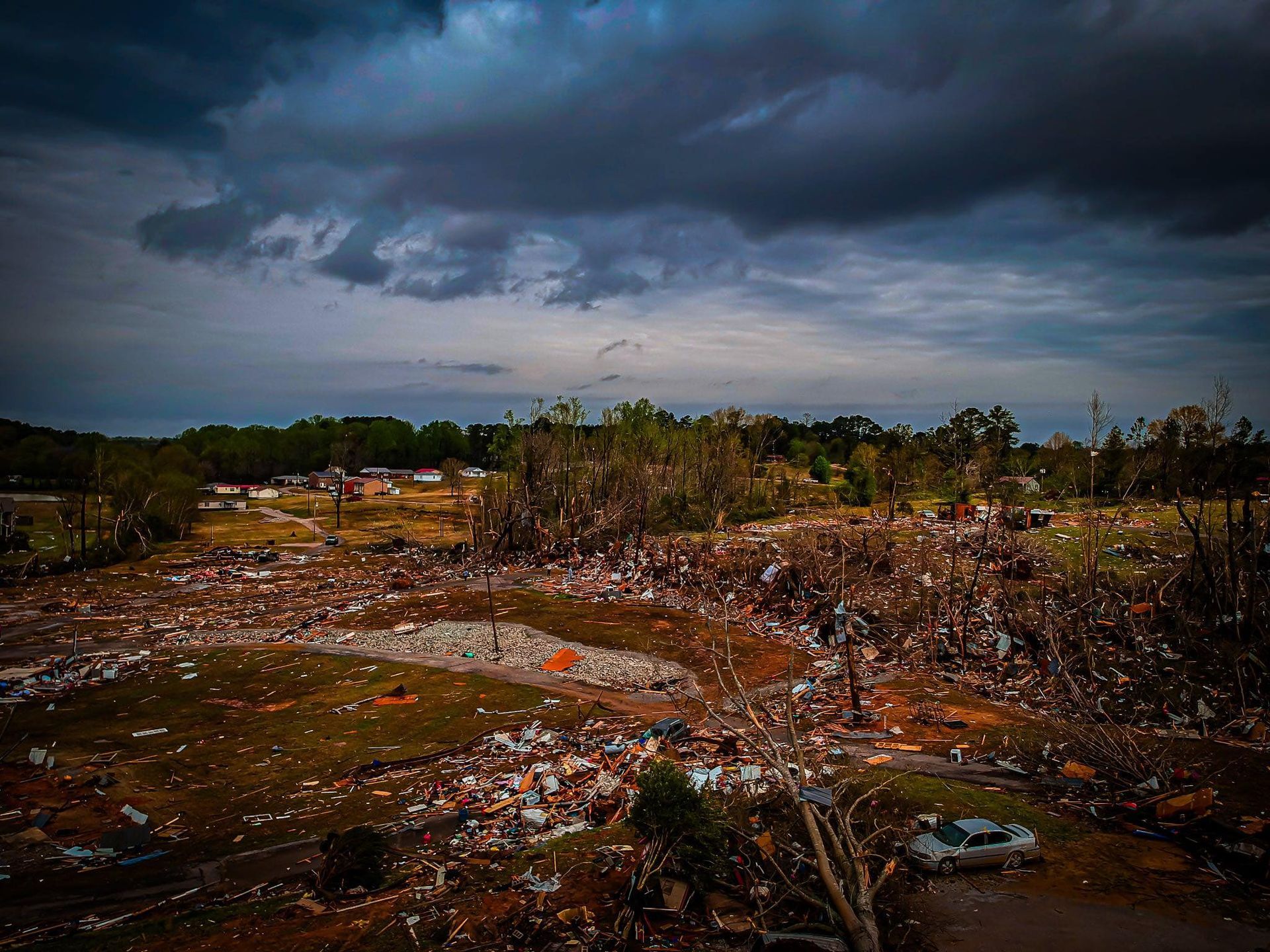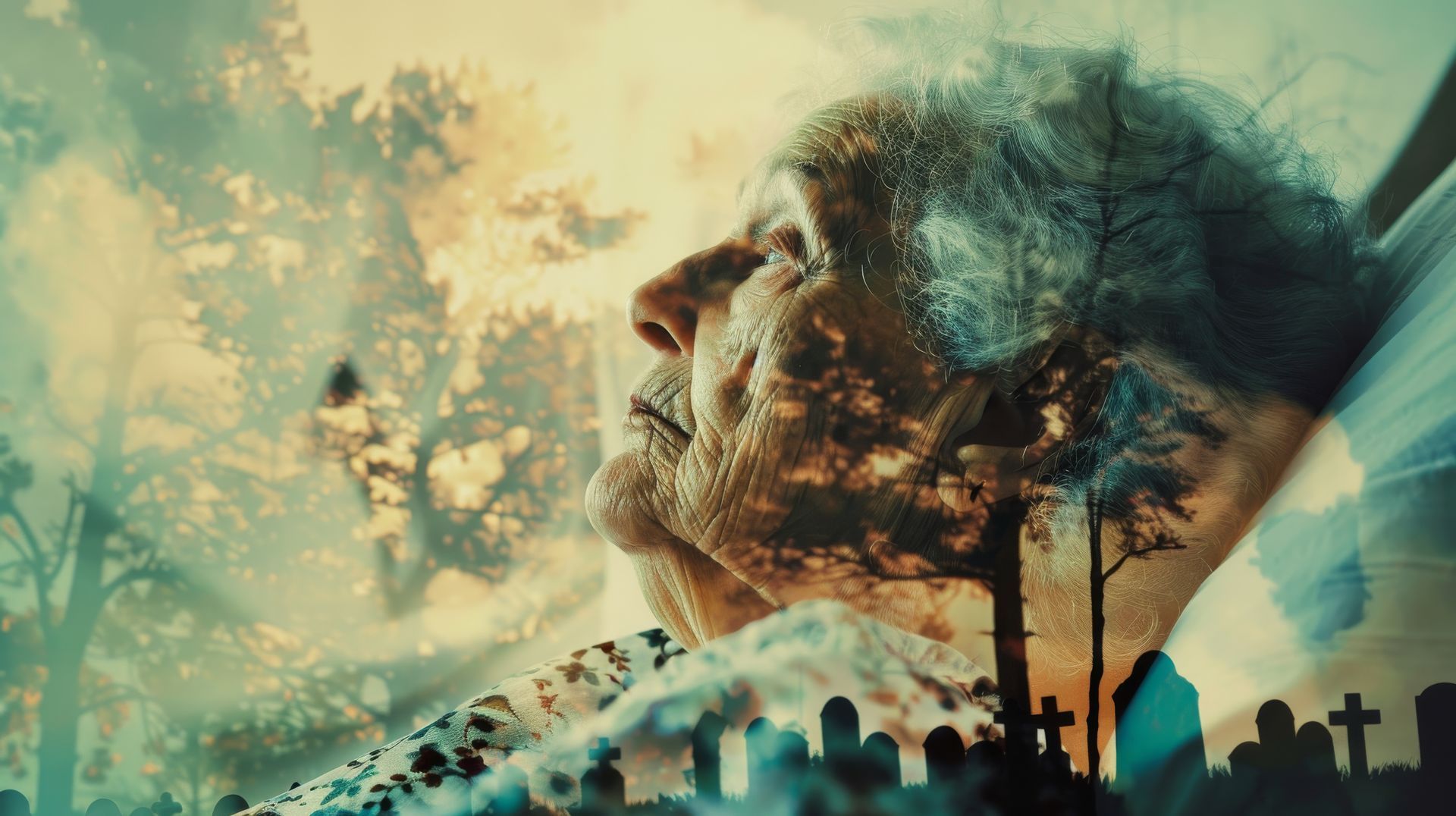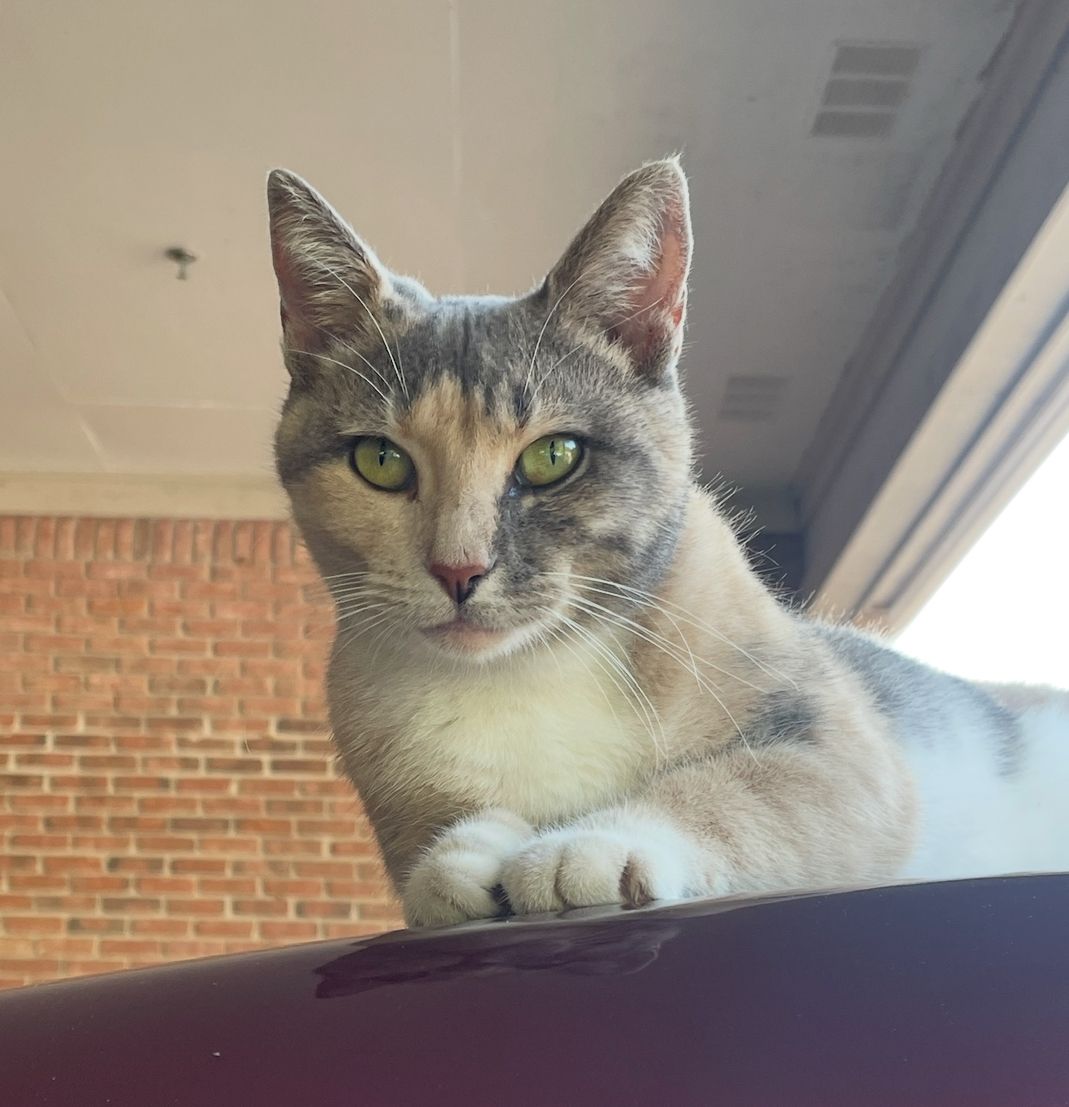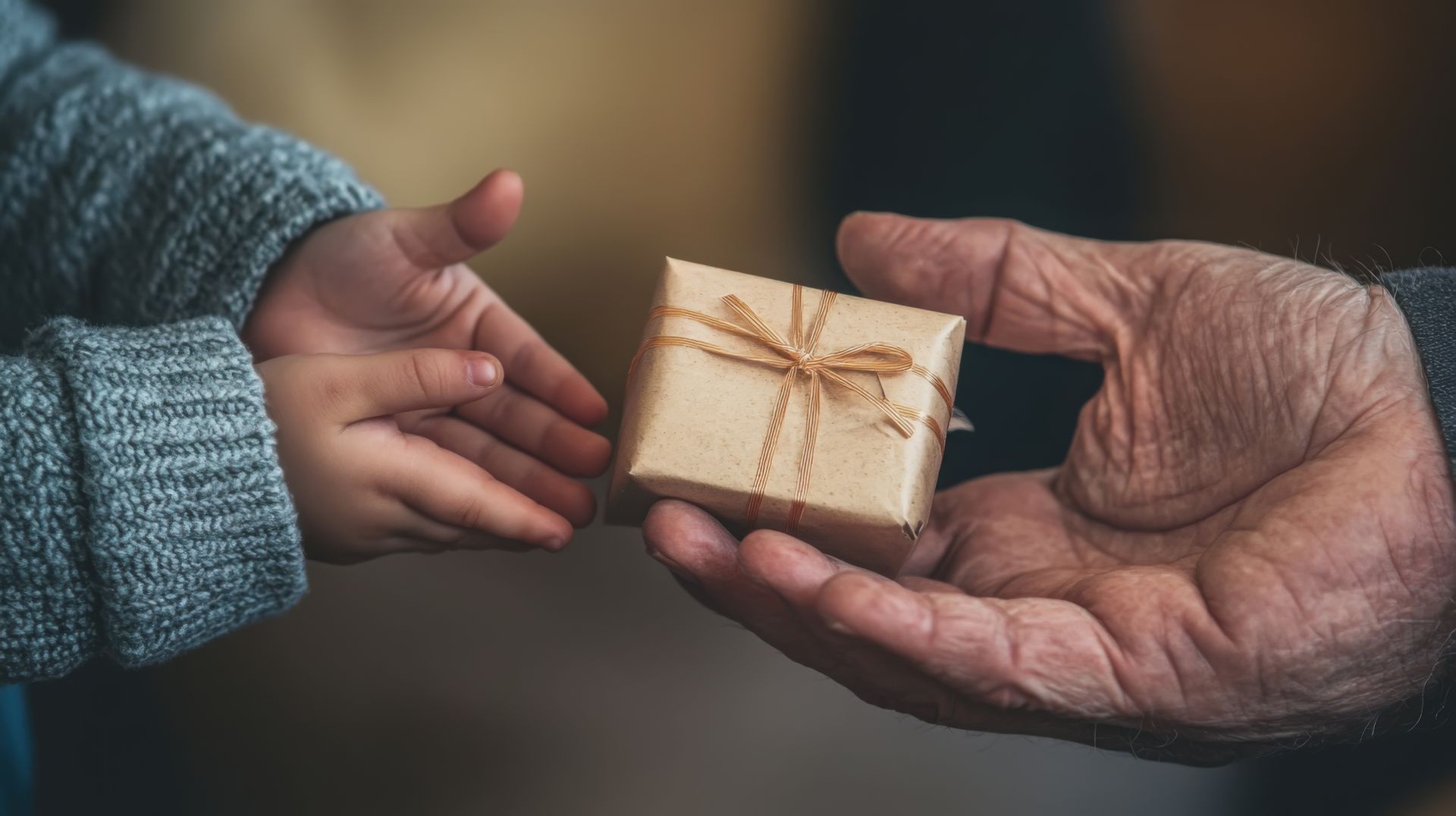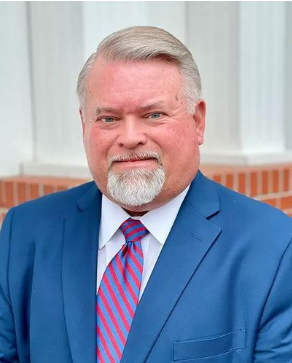Pia Farrenkopf was a loner, a smart, driven woman of German descent who would be gone for weeks at a time, if not for work, then for the sheer pleasure of exploring the world. Her family grew to expect unanswered phone calls and random postcards from faraway places. Her neighbors kept the lawn mowed so it didn’t detract from the other homes on the street. She asked her postal person not to deliver her mail since all her bills were set up on auto-pay; she didn’t want the hassle of having to deal with all the correspondence. But since just keeping someone’s mail forever isn’t quite legal, they would leave it in her mailbox until they couldn’t stuff even one more piece into it. Then they’d gather everything up and take it back to the post office as unclaimed. She resigned from her job after an alleged argument with her boss and one by one, removed the few friends she had from her life.
But one day the bank account ran dry. Creditors’ demands went unanswered . . . as did her door when the bill collectors arrived. Cut-off notices began to pile up and the mortgage payments ceased to be made. Eventually, the bank foreclosed on the house then sent some nice gentlemen to repair a hole in the roof. And to make pictures of the interior and the garage. Seeing what they thought was a Halloween mask in the back seat of an SUV, they opened the door—and then promptly closed it and called the police.
Pia Farrenkopf, who hadn’t been seen in six years, had been found.
Now granted, she had gone to great lengths to cut off all communication with the outside world, effectively setting up the circumstances that would keep anyone from realizing she had died. You can’t force someone to be sociable, and there are folks in the world who definitely resent the attempt. They live alone. They like it that way. And checking on them smacks of an attempt to take away their independence—an attempt they will, in no uncertain terms, let you know is unacceptable.
But what about your mother who lives across the state? You try to call every day, but sometimes Life interferes. Or your brother who lives alone just on the other side of town, the one who’ll have a conniption if you start trying to check on him all the time? And just magically showing up on his doorstep when he ignores your calls is a mortal sin.
Well . . . there’s an app for that.
Actually, probably several apps. We’ve all heard of Life Alert (you know, the “Help! I’ve fallen and I can’t get up” people) which is invaluable for medical emergencies but doesn’t offer daily wellness checks. Then there’s Lively (the Jitterbug phone people) that offers “Lively Link”, a service that notifies select folks of any calls to their Urgent Response line and has the ability to track the phone—so basically you’re tracking the person, something that probably would not set too well with independently minded elders.
In looking for options that might prevent more Pia Farrenkopfs, I found one I’d not heard of before—Snug Safety. It’s a free app that will text the person once a day, at a time of their (or your) choosing, and ask them to simply tap a green button to assure the world they’re still alive and well. At least at that moment. If the button isn’t tapped, the Snug is gonna text you and let you know you might want to follow up. And if you’re willing to invest in their paid plan, a for-real human being will call your person if they don’t respond. And if they still don’t respond, Snug will be calling the emergency contacts they have on file. And if they can’t reach any of those people, the local authorities are next on the list.
Now please keep in mind, I’m not recommending any of these services. I have absolutely no first-hand knowledge of them, nor have I ever used them for anyone I loved. My point is not to promote Life Alert or Lively or Snug Safety. It’s to promote connection with those we care about. If you know you won’t always be able to check in on family members who live alone, then maybe there’s an app that will help you. We can’t always be there, and even with services such as these, things can and will happen that cannot be prevented, and we may not know for as much as 24 hours. But there’s a big difference between 24 hours and six years.
About the author: Lisa Shackelford Thomas is a fourth-generation member of a family that’s been in funeral service since 1926 and has worked with Shackelford Funeral Directors in Savannah, Tennessee for over 45 years. Any opinions expressed here are hers and hers alone and may or may not reflect the opinions of other Shackelford family members or staff.


